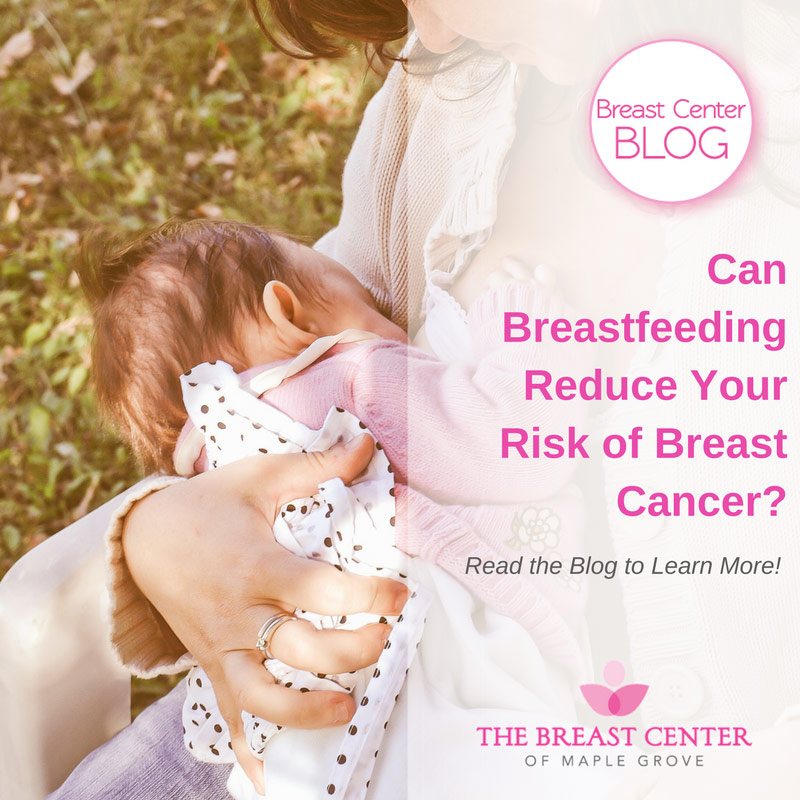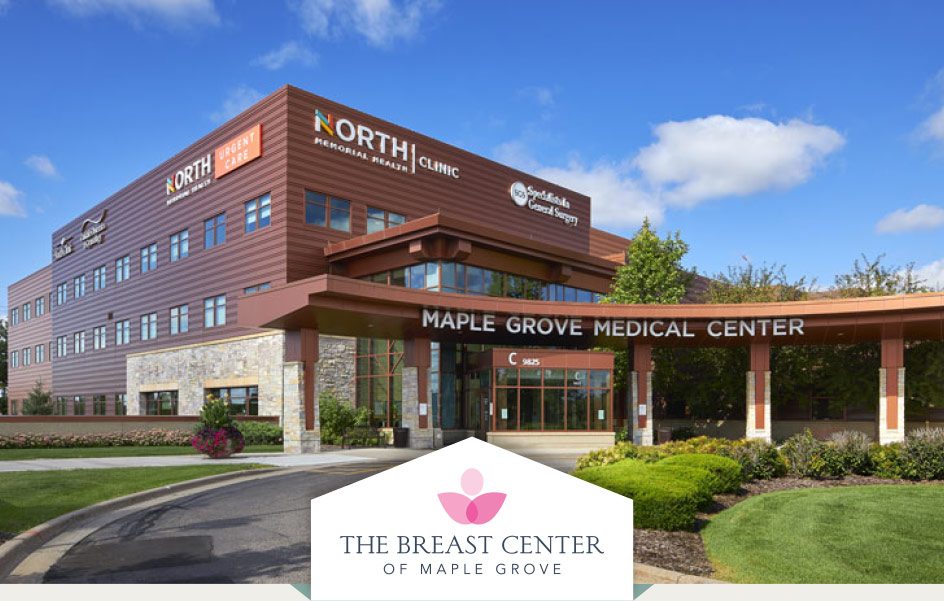There is information everywhere about how breastfeeding is good for your baby, giving him a healthy start to life. You may not have heard that breastfeeding can also reduce your risk of cancer later in life. Even if diagnosed with breast cancer, women who have breastfed are likely to have a less aggressive cancer, which will also be less likely to come back. Breastfeeding lowers your risk of breast cancer in three important ways: minimizing hormone exposure, making your cells more resistant to mutations, and encouraging a healthier lifestyle as you feed your baby.
Hormone Exposure
When you menstruate, your body is exposed to hormones like estrogen. These hormones can encourage breast cancer cells to grow. Breastfeeding often delays menstrual periods, in turn, reducing your exposure to the hormones that come with them.
Cell Resistance
Throughout pregnancy and breastfeeding, you naturally shed breast tissue. This shedding can help remove potentially damaged cells that would be more likely to grow breast cancer. In addition to shedding unneeded breast tissue, breastfeeding makes your remaining breast cells more resistant to mutations.
Healthier Lifestyle
Many women uphold healthier lifestyles when breastfeeding, to nourish their babies. By eating a healthier diet, and avoiding alcohol and smoking, you lower your risk of developing cancer in addition to providing the best sustenance for your baby.
How Long Should You Breastfeed
- In general, longer is better but breastfeeding for at least 6 months (exclusively if possible) decreases your risk of breast cancer
- Breastfeeding for a minimum of 12 months (either with one baby or over a lifetime) decreases your risk by more than 4%
- Breastfeeding for two years (over a lifetime) significantly reduces your risk of breast cancer and gives you the most protection
Preventative Screenings
It is important to get regular screenings for breast cancer whether or not you have breastfed. If it is time for your annual mammogram screening, call us today at 763-398-6370 to get scheduled.

